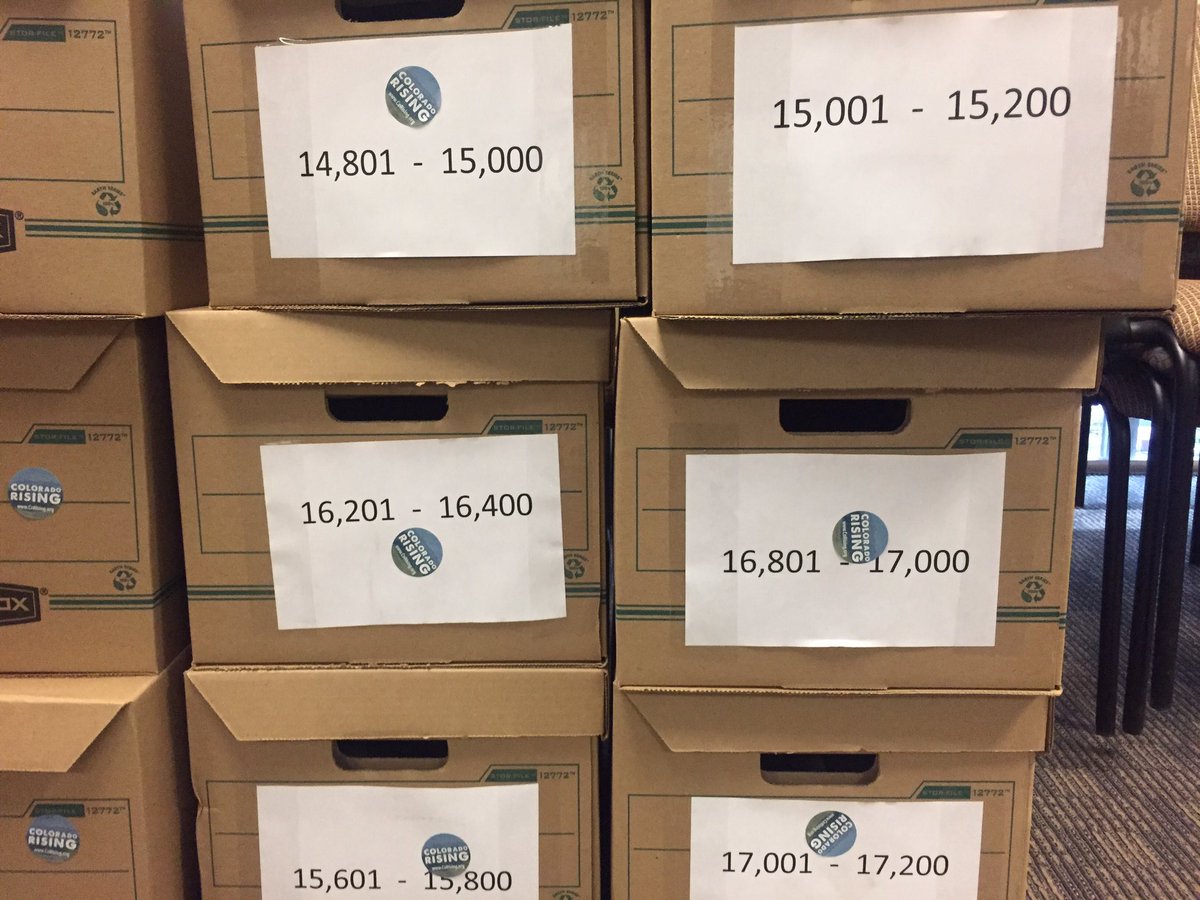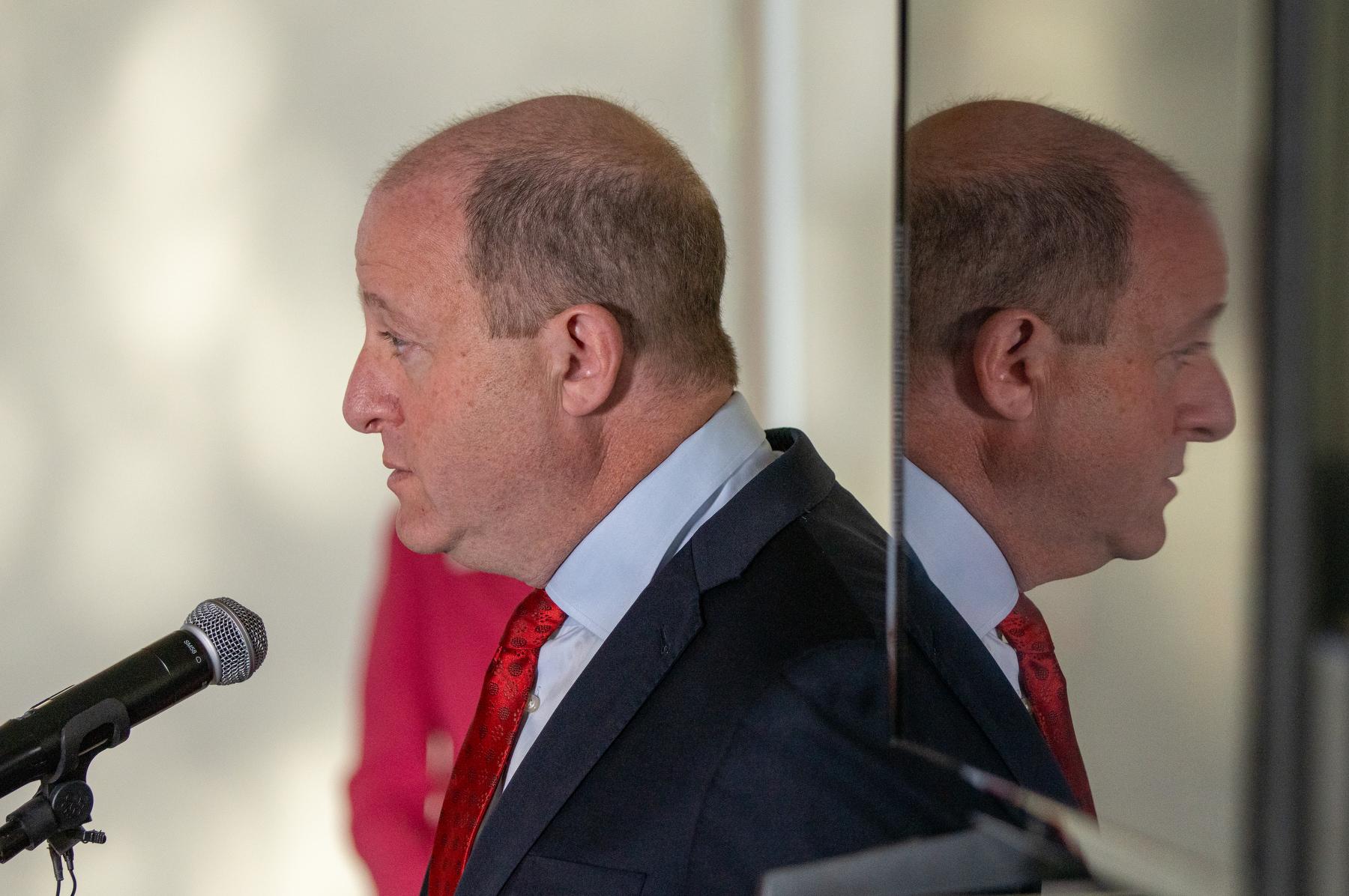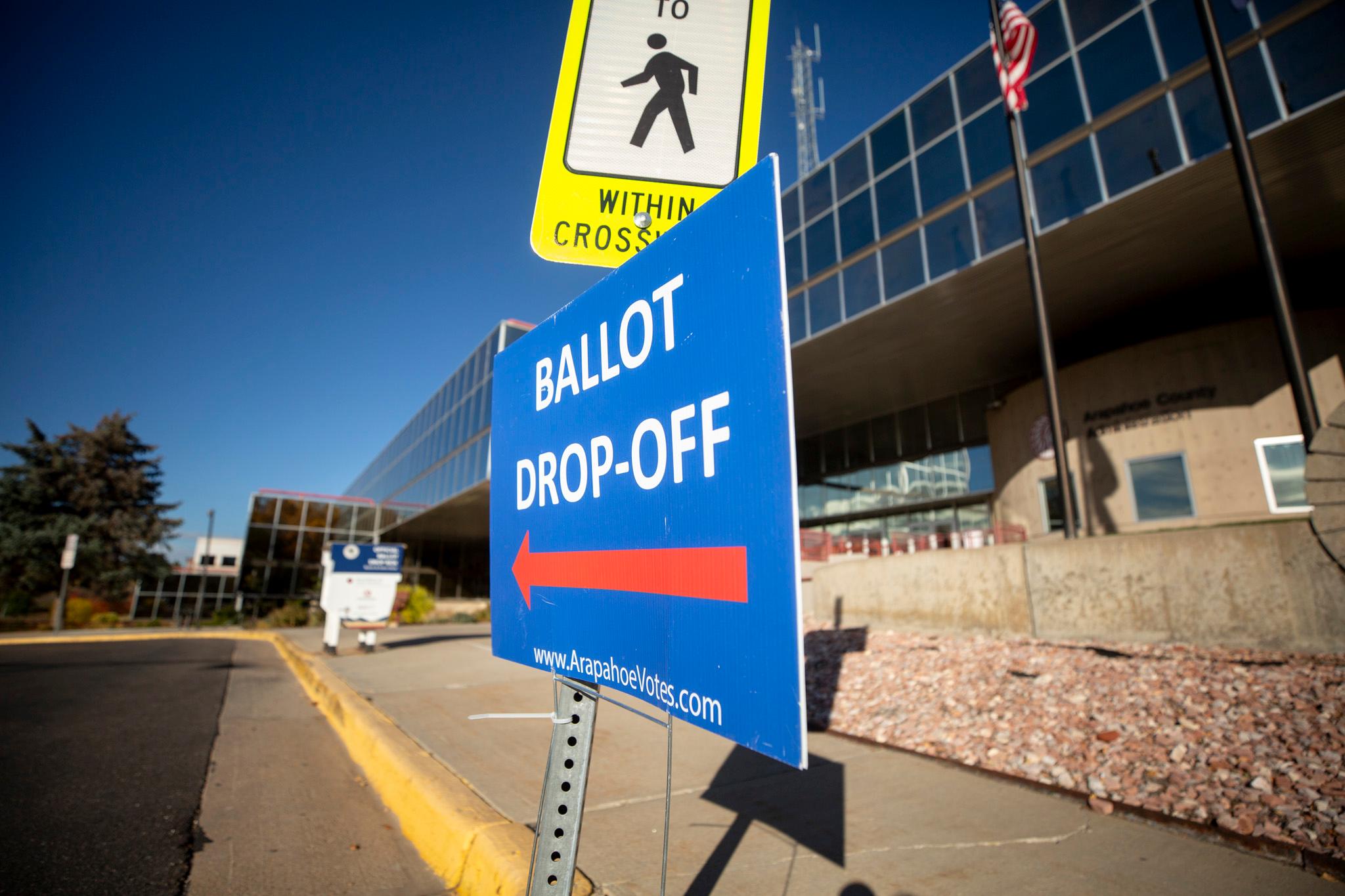

Colorado voters could see two competing oil and gas ballot measures in November.
On one side, is environmental group Colorado Rising, which seeks a 2,500-foot setback between oil wells and any occupied structure, including gathering points like playgrounds and waterways like rivers.
On the other side is the Colorado Farm Bureau, which wants property owners to be compensated if their water, mineral or property is taken or devalued.
"The only thing that would be affected by this are the most egregious acts of government," said Colorado Farm Bureau Executive Director Chad Vorthmann. "Where they specifically targeted one individual one producer or one type of industry and said we’re going to take your property. Or we’re going to devalue it."
The Colorado Farm Bureau has already delivered 209,000 signatures to the Colorado Secretary of State, which it said is a new record. Protect Colorado, which is funded heavily by oil and gas interests, pumped millions into the signature gathering effort.
The Farm Bureau was required to gather signatures from all 34 Colorado state senate districts for its constitutional amendment.
Head of Colorado Farm Bureau says he has 209k signatures he's submitting, the largest number ever to SOS. This is happening under Raise THe Bar, the new measure that requires signatures from every county in CO. pic.twitter.com/FWEFZsZUO3
Meanwhile, Colorado Rising turned in more than 170,000 signatures on deadline day, Aug. 6, and is taking a different tack. It’s attempting to get a statutory amendment passed by voters.
"There are so many reasons we need to protect the health and safety of Coloradans," said Suzanne Spiegel with Colorado Rising. "Right now the state isn’t doing that. People are getting sick, there are explosions that are killing people, our water is being contaminated. And it’s on us to step up and protect our communities protect our neighborhoods."
This will be the second time that setback proponents have sought to put a measure in front of voters. A third attempt in 2014 resulted in a brokered compromise between Democratic Rep. Jared Polis and Democratic Gov. John Hickenlooper.
The compromise created an oil and gas task force made several recommendations regarding the location of large oil and gas facilities, and giving local governments more say in how oil and gas is developed. Some suggestions were adopted by state regulators.
According to a state analysis of Initiative 97, nearly 55 percent of land across the state would be unavailable for oil and gas development if voters approve it. In Weld County, where the majority of oil and gas is developed, nearly 80 percent of land would be off limits.
Ultimately, former Colorado Oil and Gas Conservation Commission head Dave Neslin said lawsuits seeking billions of dollars in damages could be in play..
"I think it will give rise to takings claims against the state on the part of the mineral owners in Colorado," said Neslin, an attorney with Davis, Graham & Stubbs. "I think it would be a billion dollar mistake."









